Elections
Politics
ADRIENNE ARSHT LATIN AMERICA CENTER, ATLANTIC COUNCIL, BIDEN, CARTER CENTER, CONGRESS, CORRUPTION, CUBA, DEMOCRACY, EDMUND, EUROPE, FOX NEWS DIGITAL, JASON MARCZAK, LATIN AMERICA CENTER, MADURO, MARIA CORINA MACHADO, NORTH AMERICA, OPPOSITION, POLITICS, SOUTH AMERICA, SPAIN, TRADE RELATIONS, UNITED STATES, VENEZUELA
Clara Montgomery
Maduro to Begin Controversial Third Term Amid Claims of Electoral Fraud
Nicolás Maduro is set to begin his third term in office on January 10, despite significant doubts about the legitimacy of the July election, which many believe was rigged in his favor. Opposition leader Edmundo González, recognized by the U.S. as the legitimate president-elect, has fled the country due to government threats. The political climate remains tense, with upcoming protests planned against Maduro’s inauguration and ongoing international scrutiny of his regime.
Nicolás Maduro is set to commence his third six-year term in office on January 10, amid growing concerns about the legitimacy of the July 28 election, which critics deem rigged. The government-controlled congress will officiate the swearing-in ceremony, despite extensive allegations surrounding the electoral process. Maduro claimed victory by over a million votes; however, many believe opposition candidate Edmundo González won decisively. The Carter Center, invited by Maduro to observe the elections, confirmed the validity of opposition-published tally sheets.
The swearing-in of Maduro is viewed by many as a flagrant disregard for the will of the Venezuelan populace. “Maduro assuming another term… is a blatant violation of the votes of the Venezuelan people,” stated Jason Marczak, vice president and senior director of the Atlantic Council. The opposition is planning mass protests ahead of the inauguration, although fears of government reprisals may dampen participation.
Edmundo González, recognized by many as the legitimate president-elect, fled to Spain following a warrant for his arrest. Recently, he has re-emerged to rally support for the opposition, meeting with President Biden, who characterized their conversation as productive. However, González faces significant danger, with Venezuelan authorities doubling a reward for information on his whereabouts.
As Maduro’s government prepares to navigate a potential second Trump administration, the approach of the new president towards Venezuela remains uncertain. Historical exchanges between Trump and Maduro included strong mutual condemnation. Nevertheless, Maduro has expressed a desire for dialogue, which some observers interpret with skepticism, as they caution against any negotiations that do not prioritize the freedom of Venezuela.
The incoming Trump administration may alter its approach, guided by lessons from previous strategies. Particularly, the national security adviser, Mike Waltz, and Secretary of State nominee Marco Rubio have previously supported actions against Maduro’s regime. Additionally, reports suggest that Maduro has detained Americans as leverage against the new administration, further complicating the diplomatic landscape.
The ongoing political crisis in Venezuela centers on Nicolás Maduro’s controversial leadership, which has notably faced allegations of authoritarianism and electoral malpractice. The July 28 election that Maduro claims to have won has been widely criticized both internationally and domestically. The opposition leader, Edmundo González, represents a counter-narrative to Maduro’s authority, asserting his own claim to the presidency, which underscores the divided political climate. Furthermore, the relationship between the U.S. and Venezuela remains contentious, particularly with the potential changes in U.S. administration that could influence foreign policy towards Maduro’s regime.
In summary, Nicolás Maduro’s upcoming inauguration as president amidst accusations of electoral fraud raises critical questions regarding the future of democracy in Venezuela. The legitimacy of his leadership is contested by opposition figures, notably Edmundo González, who continues to oppose the regime from abroad. As international dynamics shift with the incoming U.S. administration, the situation calls for a careful evaluation of sanctions and engagement strategies that can effectively address the humanitarian crisis and political repression in Venezuela.
Original Source: www.foxnews.com
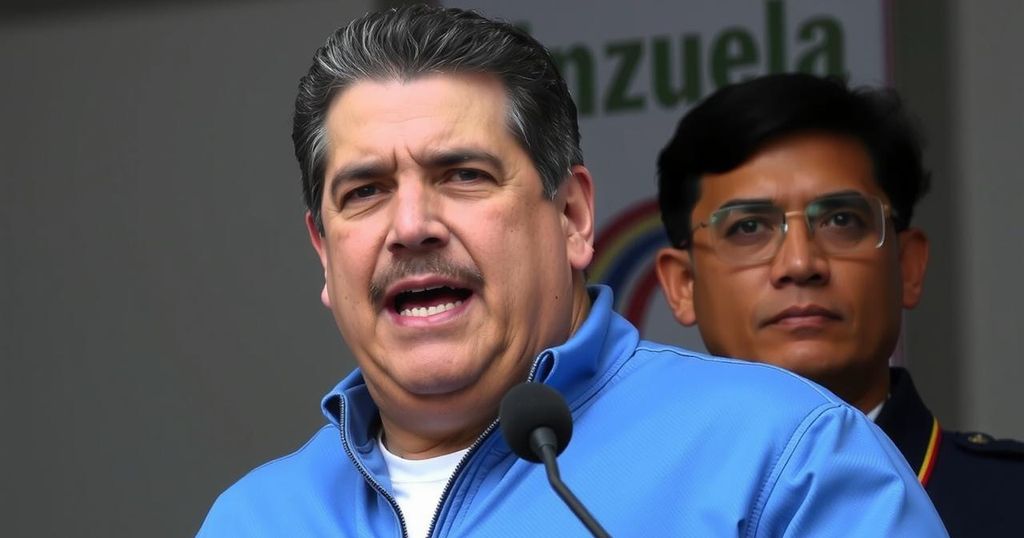
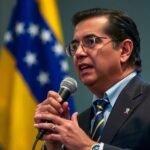
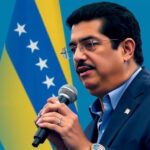
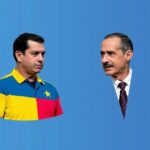
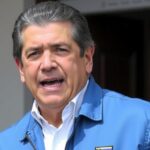

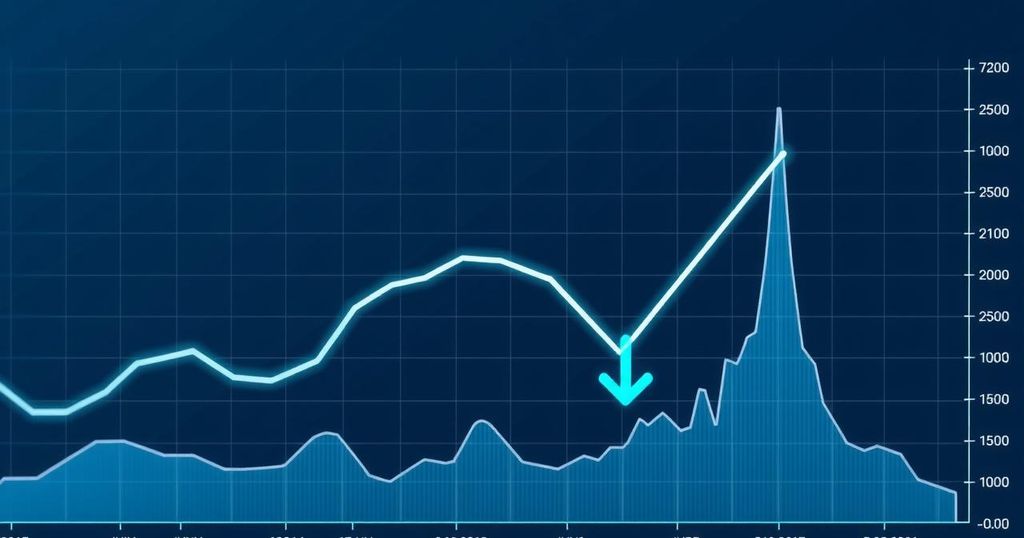
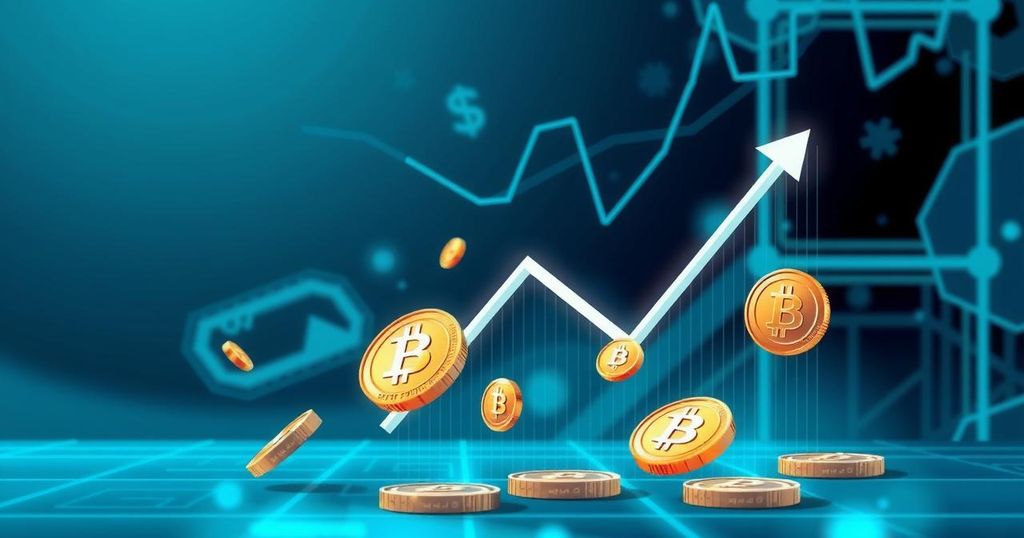
Post Comment